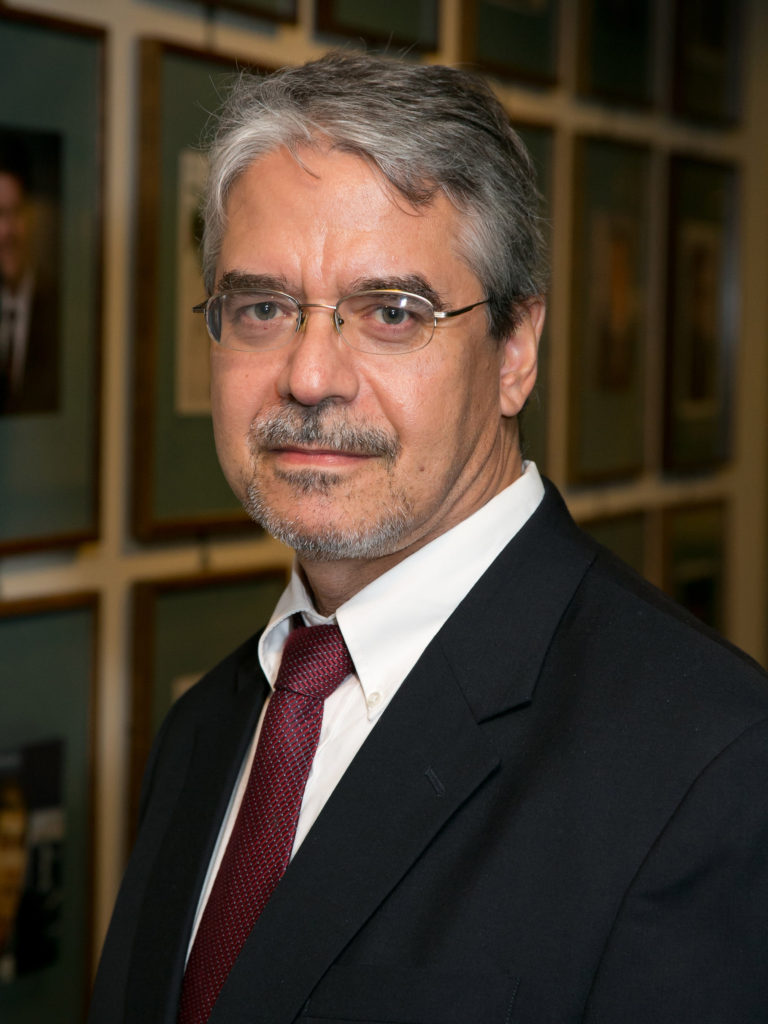
 By Michael Lieberman
By Michael Lieberman
Washington Counsel, Anti-Defamation League
As readers of Report from the Capital know well, religious liberty is a fundamental tenet of the United States and a bedrock principle for our notions of democratic pluralism. Our First Amendment’s guarantees – that the government may not establish or endorse religion and may not interfere with a citizen’s free exercise of religious practices – have no modern day parallel and no historical precedent. They are unique.
And insufficient.
You can′t practice your religion freely if you don′t feel safe in your house of worship – or if you are anxious, every day, about wearing your hijab, turban or kippah on the street. Structural and constitutional protections provide no certain protection from anti-Semitism, Islamophobia and other forms of religious bigotry. Religious intolerance poses a danger of being attacked, but it also sends a daily, dispiriting message – that minority religion adherents are outsiders, the other, not welcome here.
Over the past six months, there has been a dramatic uptick in incidents of racist, xenophobic and religious harassment, threats and violence across the country. The Jewish community has faced a disturbing increase in bomb threats, cemetery desecrations, assaults and vandalism at our synagogues. A suspect (disturbingly, an Israeli Jew) has now been arrested and charged with the vast majority of the bomb threats. We cannot know the intent or motivation of this individual, but we do know, clearly, the impact on the daily lives of people at each of more than 150 selected targets (including the Washington Office of the ADL, which is where I work).
Of course, there’s a context for these incidents; anti-Semitism is an ancient hatred. We have seen prejudice lead to discrimination, lead to violence.
The Anti-Defamation League has been tracking anti-Semitic incidents in America since 1979. In 2015, ADL tracked almost 950 anti-Semitic incidents, a three percent increase over 2014, with a significant increase in the number of assaults. Early indications are that the trend is continuing through 2016 and the first three months of 2017. The New York Police Department also reported that anti-Semitic acts have nearly doubled in early 2017 compared to 2016. In addition to these overt acts, the League has documented a virtual tsunami of vicious “trolling” of Jews on social media, such as Twitter.
The FBI has been tracking hate crimes in America since the enactment of the Hate Crime Statistics Act in 1990. In 2015 (the most recent data available) and in almost every year since 1990, religious-based hate crimes have been the second most frequent hate crime reported (race has always been the most frequent, with crimes against African-Americans most numerous). Religion-based crimes increased 23 percent in 2015. Crimes directed against Jews increased nine percent and reported crimes against Muslims increased 67 percent – to a total second only to the many backlash crimes in 2001, after the 9/11 terrorist incidents. Disturbingly, Jews and Jewish institutions have always been between 50 and 80 percent of the reported religion-based hate crimes – especially distressing since Jews constitute about two and a half percent of all Americans.
Anti-Semitic incidents, like all bias-motivated crimes, are designed to intimidate the victim and members of the victim’s community, leaving them feeling fearful, isolated, vulnerable and unprotected by the law. By making members of minority communities fearful, angry and suspicious of other groups – and of the power structure that is supposed to protect them – these incidents can damage the fabric of our society and fragment communities. There is no doubt that the extraordinarily polarizing and divisive election campaign – which featured harshly anti-Muslim rhetoric and anti-Semitic dog whistles – has coarsened the public discourse and emboldened white supremacists and other anti-Semites and bigots to believe that their views are becoming mainstream.
But the many incidents of religious intolerance have also provided extraordinary opportunities for interfaith support rallies and coalition networking. In many communities, people of many faiths have come together to speak out against vandalism, cemetery desecrations, and violence. And on Capitol Hill, all 100 senators(!) came together to write to Attorney General Jeff Sessions, FBI Director James Comey and Department of Homeland Security Secretary John Kelly to urge them to address threats against the Jewish community and other religious institutions.
These statements of solidarity are heartening and encouraging. And they show that it is the bigots – not the religious minorities – that are marginalized.
Baptists and Jews share a history of religious discrimination and persecution. We understand the danger of government coercion and restrictions on our religious practices. And that’s why the BJC and the ADL have been stalwart allies defending the wall between church and state.
The First Amendment is vitally important. But it’s not our only guarantor of religious liberty. Teaching respect and understanding for other religious beliefs and promoting acceptance of other religious practices are necessary to create an environment in which people can freely practice their religion without fear, and religious liberty can truly flourish.
From the March/April 2017 edition of Report from the Capital. You can also read the digital version of the magazine or view it as a PDF.




